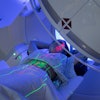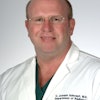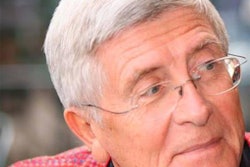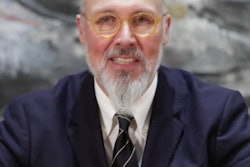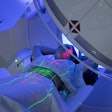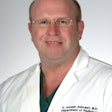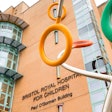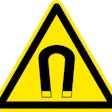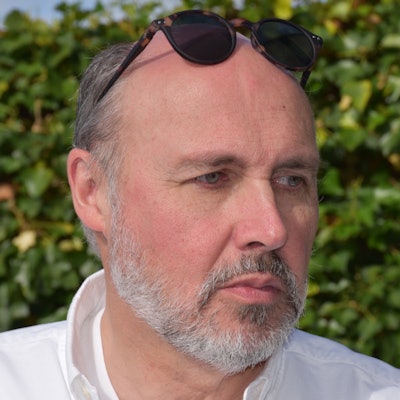
Compared with other European countries, Belgium remains a world leader in unnecessary medical examinations due to poor indications, Prof. Paul Parizel, PhD, told Knack, the Belgian weekly news magazine, in an article posted on 23 July.
Appropriate referrals for imaging should follow evidence-based recommendations, which provide an appropriateness rating for each imaging modality, taking into account the disease indication, according to Parizel, who is past president of the European Society of Radiology (ESR) and emeritus head of radiology at Antwerp University Hospital (UZA). The elimination of unnecessary imaging procedures not only lowers imaging-related radiation but also reduces needless follow-up investigations, he added.
There is a risk that radiology is becoming too much of a business, Parizel told Knack. If you perform 20 different radiological or laboratory examinations on a "healthy" person, there's a 66% chance that at least one "abnormality" (i.e., incidental finding) will be discovered, and the percentage is even higher for the elderly, he explained.
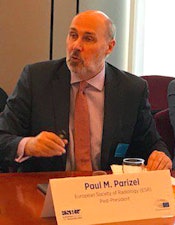 Prof. Paul Parizel, PhD.
Prof. Paul Parizel, PhD.With the advent of better scanners, improved spatial and contrast resolution of images, and ever-increasing numbers of "routine" imaging examinations, such incidental discoveries have become much more numerous. They, in turn, lead to further unnecessary follow-up investigations and even surgical procedures, Parizel continued.
He said that radiology has become increasingly sophisticated and complicated, and that many doctors are less familiar with new techniques. During their training, they don't learn enough about whether they should opt for a regular x-ray, an ultrasound, or perhaps a CT, PET, or MRI scan, and usually they also have no idea what radiation dose patients receive.
There are tools that radiologists can use to determine which technique is appropriate, but when medicine is based on reimbursement per performance (i.e., per scan), then these tools are unlikely to have an impact. In some countries that have a different reimbursement system, notably fewer unnecessary tests and interventions are taking place, according to Parizel.
Five years ago, the Belgian Health Care Knowledge Centre (Federaal Kenniscentrum voor de Gezondheidszorg, or KCE) complained that 40% more CT scans are performed in Belgium compared with the average for Europe as a whole, reported Knack. The Organisation for Economic Co-operation and Development found that Belgium carried out 201 CT scans per 1,000 inhabitants in 2017, compared with 94 in the Netherlands.
"Perhaps radiology is too much about business, and not enough about medicine," he concluded.
In September 2019, Parizel will take up his new post as a full professor at the University of Western Australia, with a part-time clinical appointment at Royal Perth Hospital. In addition, he will be a visiting guest professor at Antwerp.
